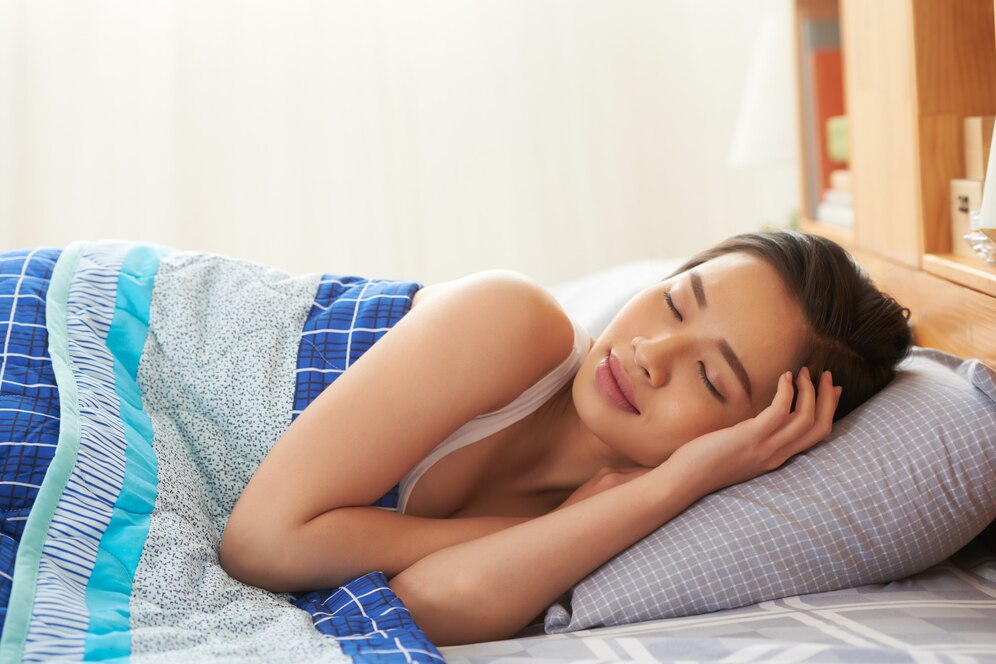Beyond soft pillows, dim lights and sleep supplements, the solution for restful sleep may lie in listening to our bodies Allied functional medicine and Ayurveda agree on one thing, that good sleep is essential for overall health. 24/7 light disrupts sleep
If a new study by researchers from Drexel University is to be believed, staring at screens causes behavioral problems in children as young as two years old. As per the findings, children exposed to TV viewing by the time they turn two were likely to develop atypical sensory processing behaviours such as being disinterested in activities and seeking more intense stimulation. In the context of sleep, Kannan concurs that we are turning insomniacs today because our lives are surrounded by light throughout the day. There are conflicting views about the impact of blue light on sleep. There is, for instance, a researcher who refutes this theory that blue light is disrupting our sleep, but if you were to ask me, I’ll say that working in an LED environment throughout the day or working out of sync like doing night shifts affects the quality of sleep. Eat the right way Begin your day with a light breakfast, a wholesome lunch to keep your blood sugar stable, and a light dinner around sunset.
Get some gentle movement Practice gentle exercises like walking (aim for 10,000-15,000 steps daily), swimming, yoga or strength training. I should add here that I advise my clients who have sleep problems to avoid doing heavy, intensive exercises like running, HIIT or Zumba.
Practice yoga nidra Lay on the ground in Shavasana and practice yoga Nidra or meditation, ideally between 2pm to 6pm. It’s a great grounding practice.
Have a switch-off time Have a daily switch off time from work and access to your gadgets and stick to the schedule. Limiting access to mails or messages that can cause you stress helps calm your mind
Using Ayurveda And Science For Restful Sleep



